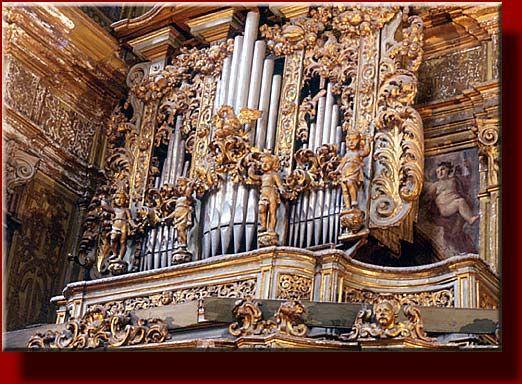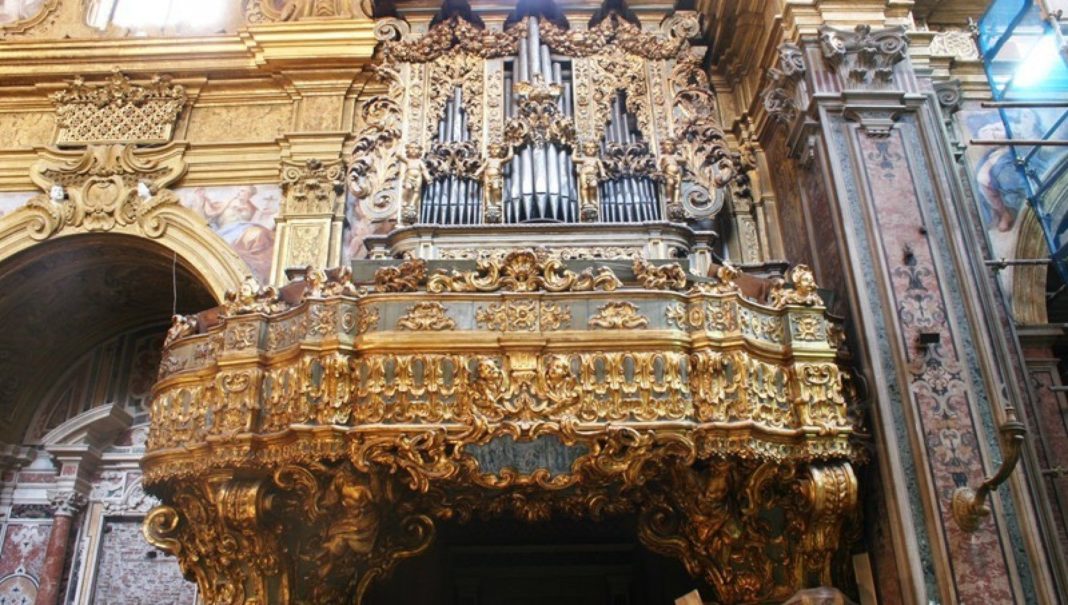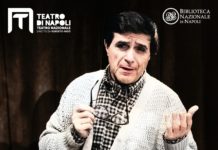Restituire musica e suono agli organi gemelli della chiesa di San Gregorio Armeno, nel dedalo di vie che compone il Centro Storico di Napoli patrimonio Unesco. È l’ambizioso obiettivo che i rotariani partenopei si sono dati.
Gli organi risalgono al ‘700 napoletano: costruiti tra il 1737 e il 1742 ad opera di Tomaso de Martino, arricchiscono la chiesa che i devoti napoletani conoscono anche come Chiesa di Santa Patrizia (in onore della patrona di Napoli).
Esemplari rarissimi e compongono, con l’organo del cappellone di Domenico Antonio Rossi e con l’organo del coro delle monache, la strumentazione musicale di inestimabile valore che turisti e fedeli possono ammirare nel complesso ecclesiastico.
Purtroppo non suonano da un secolo, nonostante la loro struttura originale sia di fatto intatta. Per il recupero del suono, i dodici club Rotary di Napoli hanno messo su un progetto di restauro dal valore complessivo di 120mila euro che vede impegnati anche i privati (su tutti la banca BCC Napoli e IGB Broker Srl) e che sarà finanziato per il 30% dal ministero dei beni e delle attività culturali.
Il progetto musicale, che coinvolgerà anche il Conservatorio di San Pietro a Majella, si inserisce nella più ampia progettualità che il Rotary ha in programma per il centro storico partenopeo e per i suoi numerosi gioielli: si tratta del primo atto a favore della città dopo l’insediamento del nuovo presidente del Club Rotary Napoli Est, l’imprenditore Angelo Coviello, ugualmente coordinatore del gruppo partenopeo a cui i dodici club Rotary della città di Napoli fanno capo.
Oltre a voler individuare altri beni di cui “prendersi cura Coviello ha già annunciato che i Rotary partenopei saranno coinvolti attivamente nel Campus della Salute 2023, progetto realizzato insieme ad Annamaria Colao, arricchendo l’offerta di assistenza sanitaria con quella specifica di consulenti professionali, attraverso l’utilizzo del capitale umano del Rotary gruppo partenopeo.

Chiesa di San Gregorio Armeno/ Rotary launches the project to restore the twin organs
To return music and sound to the twin organs of the church of San Gregorio Armeno, in the maze of streets that make up the UNESCO World Heritage-listed Historic Center of Naples. That is the ambitious goal that Neapolitan Rotarians have set themselves.
The organs date back to the Neapolitan 1700s: built between 1737 and 1742 by Tomaso de Martino, they enrich the church that Neapolitans also know as the Church of Santa Patrizia (in honor of the patron saint of Naples).
Extremely rare specimens and make up, with Domenico Antonio Rossi’s chapel organ and the nuns’ choir organ, the priceless musical instrumentation that tourists and worshippers can admire in the church complex.
Unfortunately, they have not sounded for a century, although their original structure is in fact intact. To restore the sound, the twelve Rotary clubs of Naples have put together a restoration project worth a total of 120,000 euros that also involves private individuals (above all the BCC Napoli bank and IGB Broker Srl) and will be financed 30 percent by the Ministry of Cultural Heritage and Activities.
The music project, which will also involve the Conservatorio di San Pietro a Majella, is part of the broader project that Rotary has planned for the Neapolitan historic center and its many jewels: it is the first act in favor of the city after the installation of the new president of the East Naples Rotary Club, entrepreneur Angelo Coviello, who is equally coordinator of the Neapolitan group to which the 12 Rotary clubs in the city of Naples belong.
In addition to wanting to identify other assets to take care of, Coviello has already announced that the Neapolitan Rotary will be actively involved in the Campus of Health 2023, a project created together with Annamaria Colao, enriching the offer of health care with the specific one of professional consultants, through the utilization of the human capital of the Neapolitan Rotary group.
.










